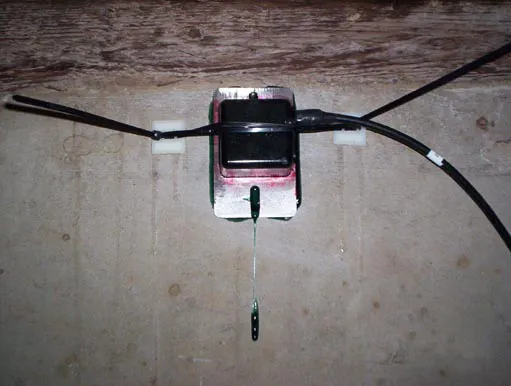A new TrafficSens traffic management system will be introduced in parts of Malaysia's capital Kuala Lumpur from early 2014.
TrafficSens traffic lights will be installed at 62 spots across the city including 12 on Jalan Ipoh, seven in Wangsa Maju, and eleven at standalone junctions.
By April 2014, the new system will be integrated with the Kuala Lumpur City Hall (DBKL)'s existing automated management system. Using artificial intelligence, traffic will be controlled by TrafficSens based on the traffic c
December 11, 2013
Read time: 2 mins
RSSA new 7553 TrafficSens traffic management system will be introduced in parts of Malaysia's capital Kuala Lumpur from early 2014.
TrafficSens traffic lights will be installed at 62 spots across the city including 12 on Jalan Ipoh, seven in Wangsa Maju, and eleven at standalone junctions.
By April 2014, the new system will be integrated with the Kuala Lumpur City Hall (DBKL)'s existing automated management system. Using artificial intelligence, traffic will be controlled by TrafficSens based on the traffic congestion.
Those behind the rollout of the new intelligent traffic control network say it will eliminate the use of traffic light timers - one of the reasons leading to traffic headaches on busy roads. The traffic management centre will be able to detect a faulty TrafficSens traffic light through 3G connection.
The TrafficSens system has been developed by Malaysian firm TrafficSens Systems using a government R&D grant worth US$561,271 (MYR1.8 million)
TrafficSens traffic lights will be installed at 62 spots across the city including 12 on Jalan Ipoh, seven in Wangsa Maju, and eleven at standalone junctions.
By April 2014, the new system will be integrated with the Kuala Lumpur City Hall (DBKL)'s existing automated management system. Using artificial intelligence, traffic will be controlled by TrafficSens based on the traffic congestion.
Those behind the rollout of the new intelligent traffic control network say it will eliminate the use of traffic light timers - one of the reasons leading to traffic headaches on busy roads. The traffic management centre will be able to detect a faulty TrafficSens traffic light through 3G connection.
The TrafficSens system has been developed by Malaysian firm TrafficSens Systems using a government R&D grant worth US$561,271 (MYR1.8 million)







